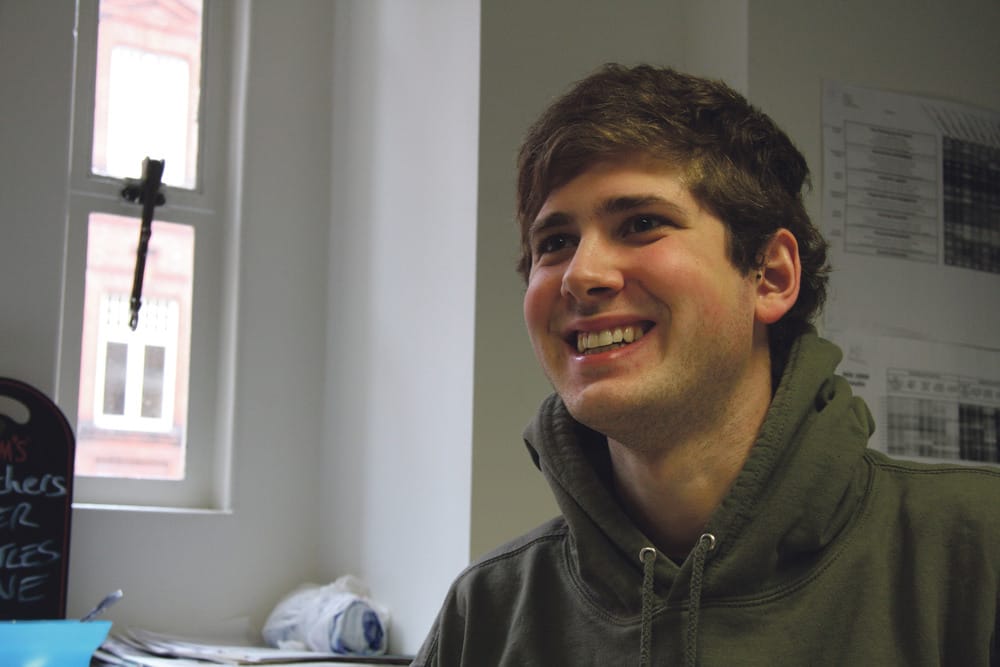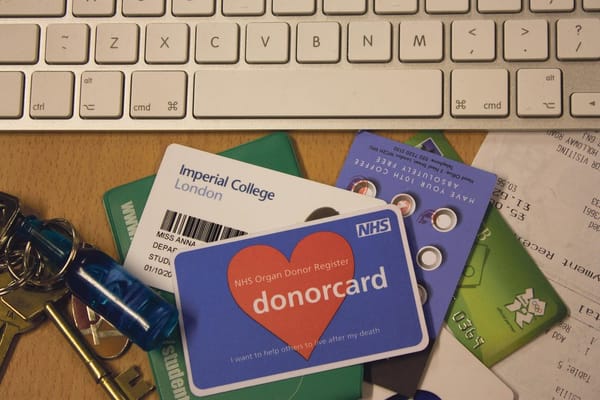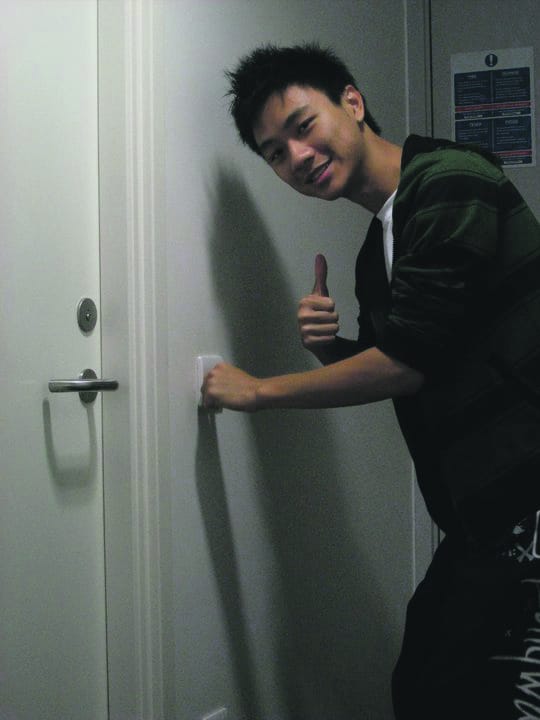Interview with Deputy President (Education) Alex Dahinten
"You do need to be a dynamic person. Since it’s so new, you need to want to shape the position"

For other people who are thinking about running, what’s the one thing you wish you’d known before you started?
How many meetings you attend! There have been days, honestly, when I have sat in five or six meetings; I also have three-hour meetings once in a while. Most people come into the position come from an undergraduate perspective, you don’t really get postgraduates applying for these jobs, but you have to deal with both undergraduate and postgraduate issues, even if you’re a postgraduate coming in you have to deal with undergraduate issues. And I underestimated that at first, but you have a support team, and the GSA, and you just use your resources.
Has it ever been a problem representing two different groups of students with different needs?
Yes, because undergraduate needs are very different from those of postgraduate students. It’s very difficult getting used to that. But that’s why you have the handover period [in July], to acclimatise to the different worlds.
Is there any unfinished business that you really want to get done by the end of the year?
That has to be the Feedback Policy, it has to succeed in creating a different mindset around feedback and coursework. The two go hand in hand so we need to move away from the mindset: “We’re just going to test the students”. We need to create more of a dynamic learning environment that ties the coursework closely with the feedback. In a way, it’s kind of an agreement between the lecturers and the students.
What’s a typical day as a Deputy President (Education)?
So I normally get in at 10am, make myself a nice large cup of coffee, sit in front of the computer and check my emails. Come midday-ish, that’s usually when the committees usually start and I usually sit on one or two a day.
That’s a lot of committees
Yeah! Especially round November time, it’s horrible. There’s more like three or four a day. I’m not making this sound very appealing am I? But at the same time the position and Deputy President (Welfare) are quite new. It’s only the second year that they’ve existed separately, so we’re still forming the positions in a way. So what I’ve tried to do is have a lot more contact with my Reps. So I meet Departmental Representatives and my Academic Affairs Officers constantly; we’re trying to get more representatives input into what I do, so that the policies that I’m creating are responsive to student needs. I create a document and send it out to everyone and say, “what do you think?” I’ve tried to get that dynamic going. It’s working well but it needs to be continued and improved next year.
What’s your take, as Deputy President (Education) on the Life Sciences cuts?
Although there are problems in the Department, the way that both College and Departmental management went about doing this was completely wrong. We showed them data on how their decisions are flawed, on how their data was flawed, and we were basically shut down. So the situation right now is that we have to support their teaching review. We don’t want to be in the position where we just say, “I told you so”, so we’re making sure they go about it right. Bottom line is, I’m not happy and it was a bad way of going about it.
What sort of person should run – what do you need to be a good Deputy President (Education)?
Although the position doesn’t sound very interesting – it’s always the one that is applied for least – you do need to be a dynamic person. Since it’s so new, you need to want to shape the position. We have a new staff member, Andrew Keenan who is Representative Coordinator. His position still needs to be integrated into the whole system. You need to integrate the Departmental Reps. It’s become a lot more student friendly than people perceive it to be. It was a position where you just dealt with College, but we’re making it so that you’re not shying away from meeting up with students and talking to them. But you also need a lot of stamina to sit through the meetings; you need to be prepared to go to a lot of boring meetings. But you work with wonderful people, in the Union and in the College.








